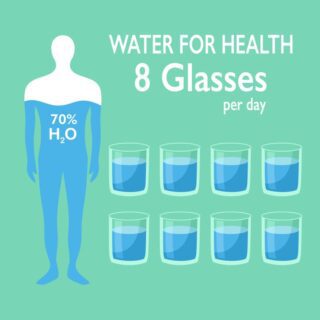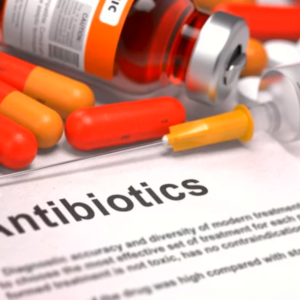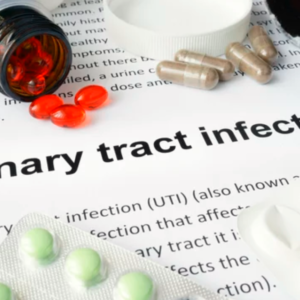What should I eat when I have stomach problem?

Food plays a very important role in our gastrointestinal system. Depending on what stomach issues you have, avoiding certain foods can help alleviate and prevent symptoms.
For example, if we take a gastrointestinal disease like Gastritis which refers to inflammation of the stomach lining, eating foods that have anti-inflammatory properties will definitely help. Foods that have anti-inflammatory properties are leafy green vegetables (cabbage, kale, spinach, etc..), oily fish (salmon, mackerel and sardines), nuts (almonds, walnuts and hazelnuts), fruits (strawberries, blueberries, cherries and raspberries) and olive oil.
Additional research shows that eating garlic, ginger and tumeric can also help alleviate some of the symptoms of gastritis. Foods you should avoid are alcohol, caffeine, spicy food, fatty foods, carbonated drinks, and acidic drinks (orange and tomato juice). Aside from anti inflammatory foods, probiotics have shown benefits of preventing H. pylori which is one of the main causes of gastritis and stomach ulcers.
Helicobacter pylori (H. pylori) infection occurs when the bacteria infects your stomach. This
typically occurs during childhood and most people don’t have symptoms. However, when
symptoms do occur they can get ulcers, gastritis, and cancer.
Adding and avoiding the above foods can also help prevent or alleviate symptoms of stomach ulcers. Regardless of your condition, avoiding alcohol, caffeine, spicy food, fatty foods and acidic products can help
tremendously.

This article reviewed by Ms. Deb Dooley.
There’s nothing more important than our good health – that’s our principal capital asset.
#medical #telehealth #food #stomach #umedoc








